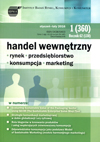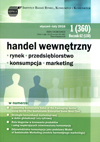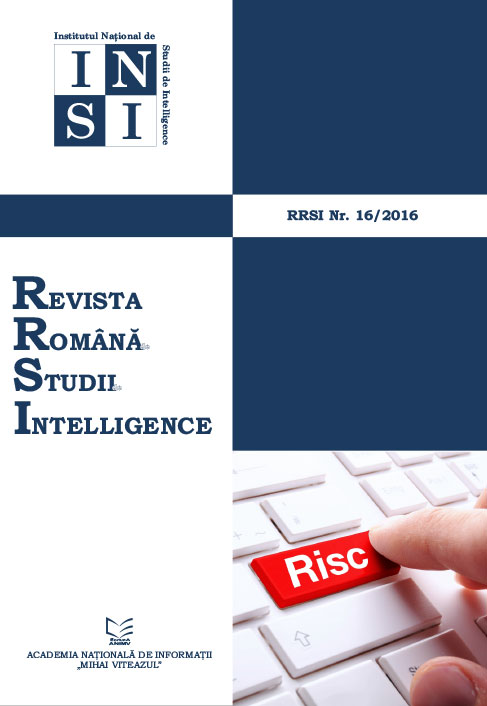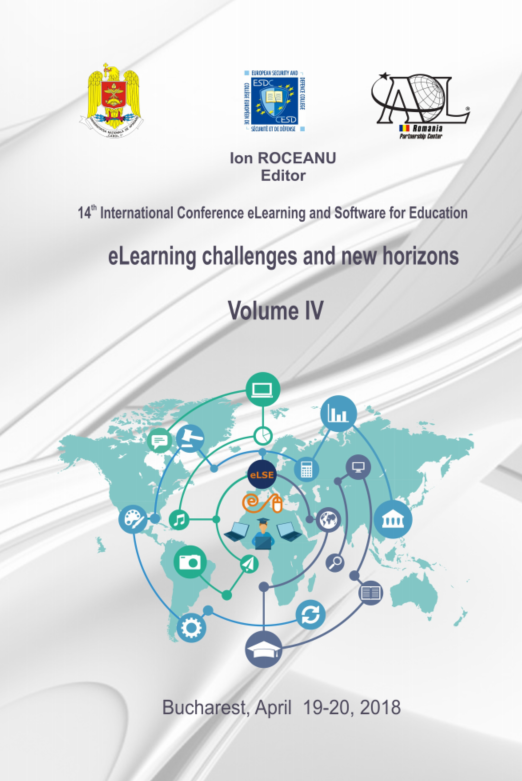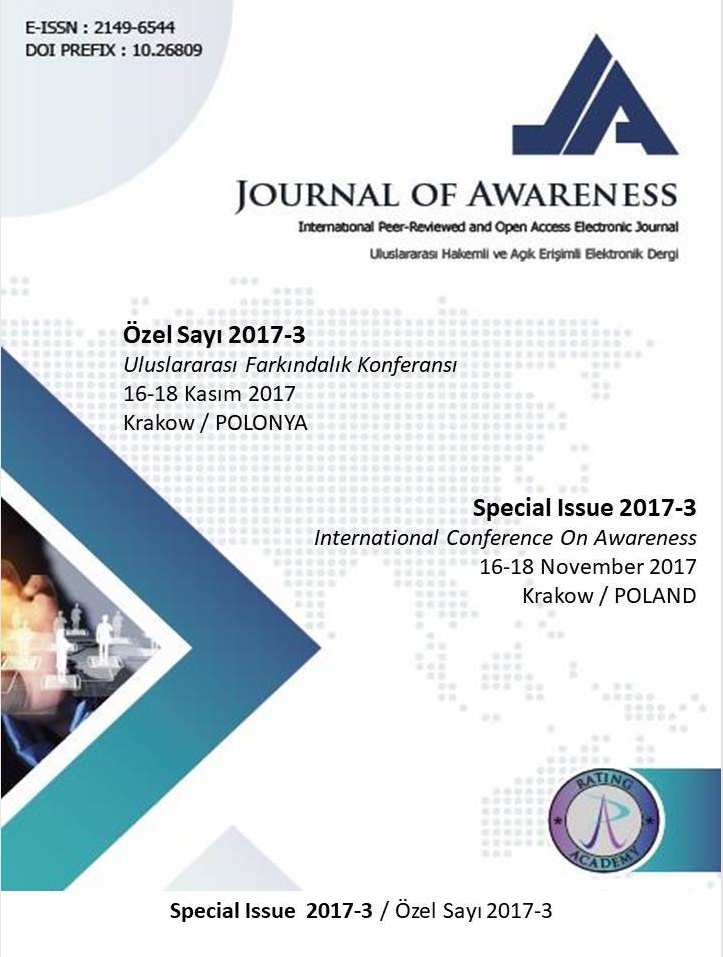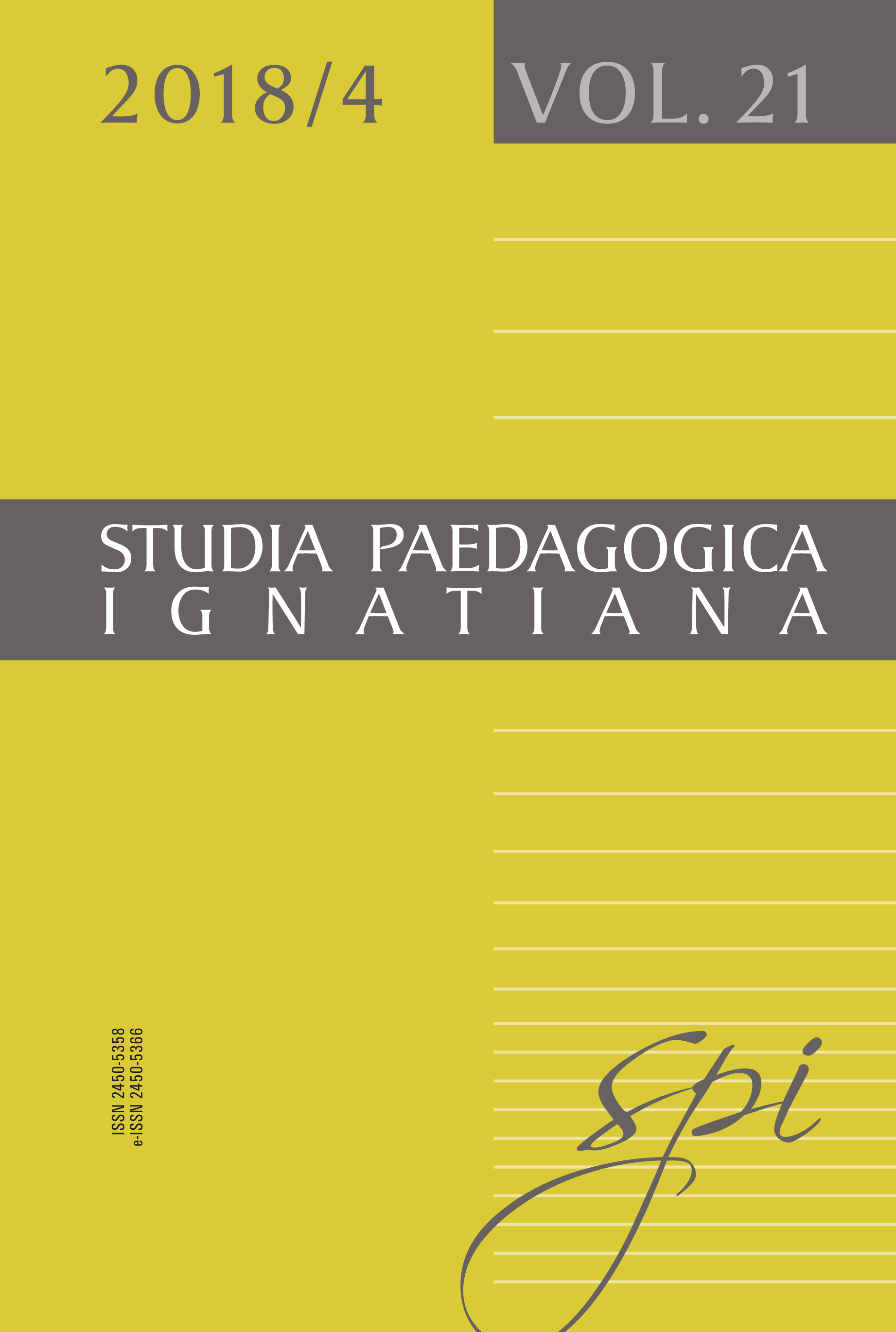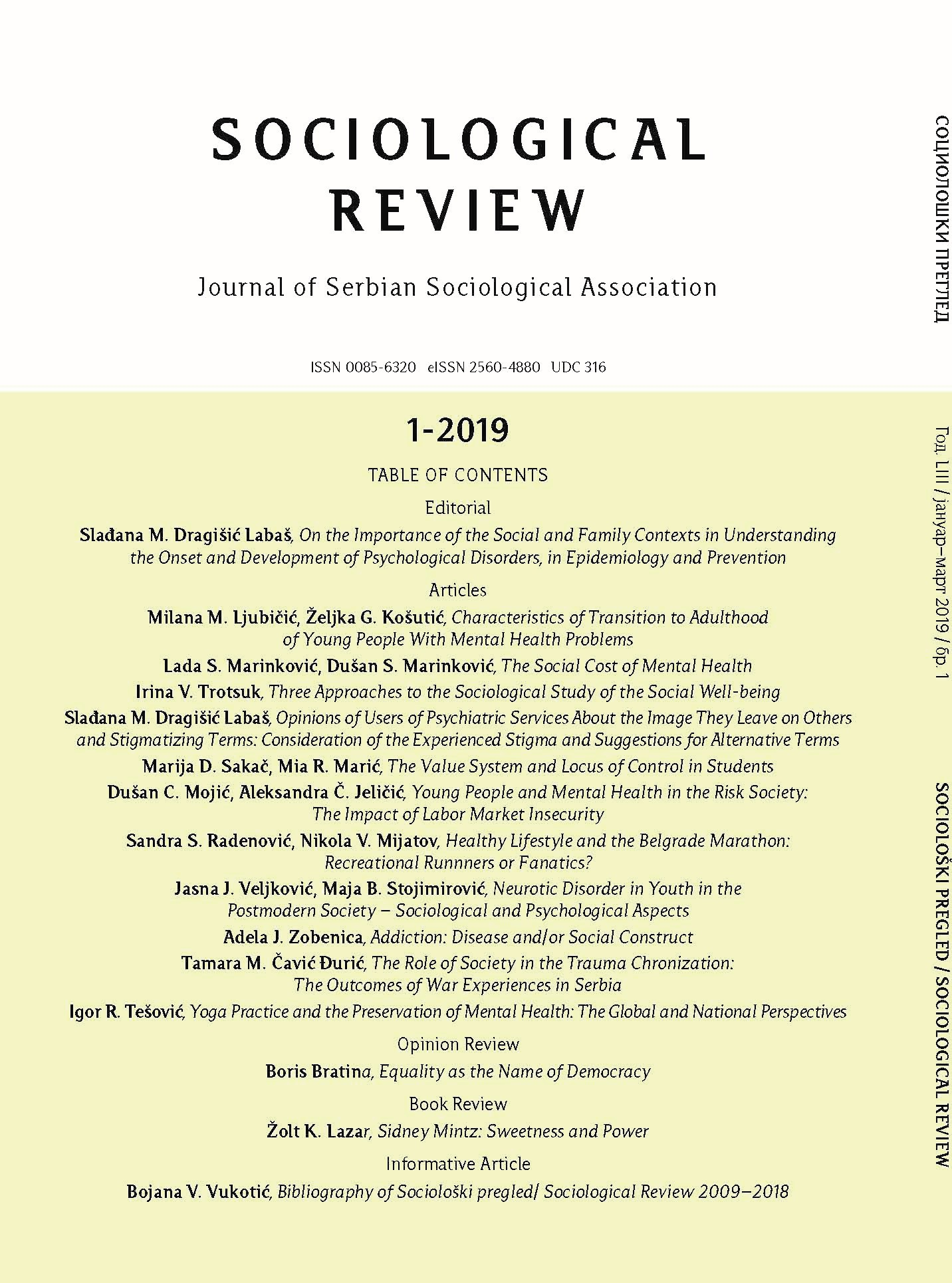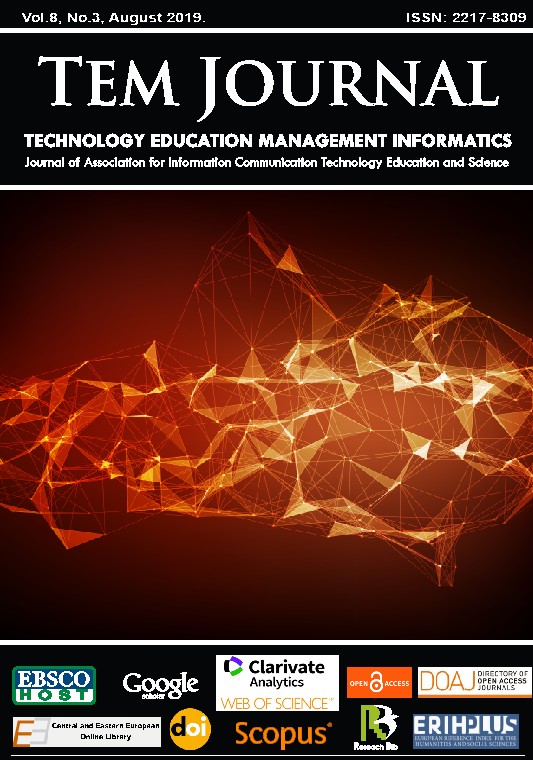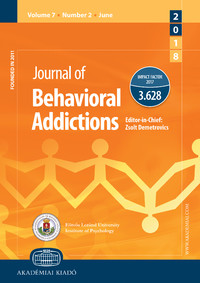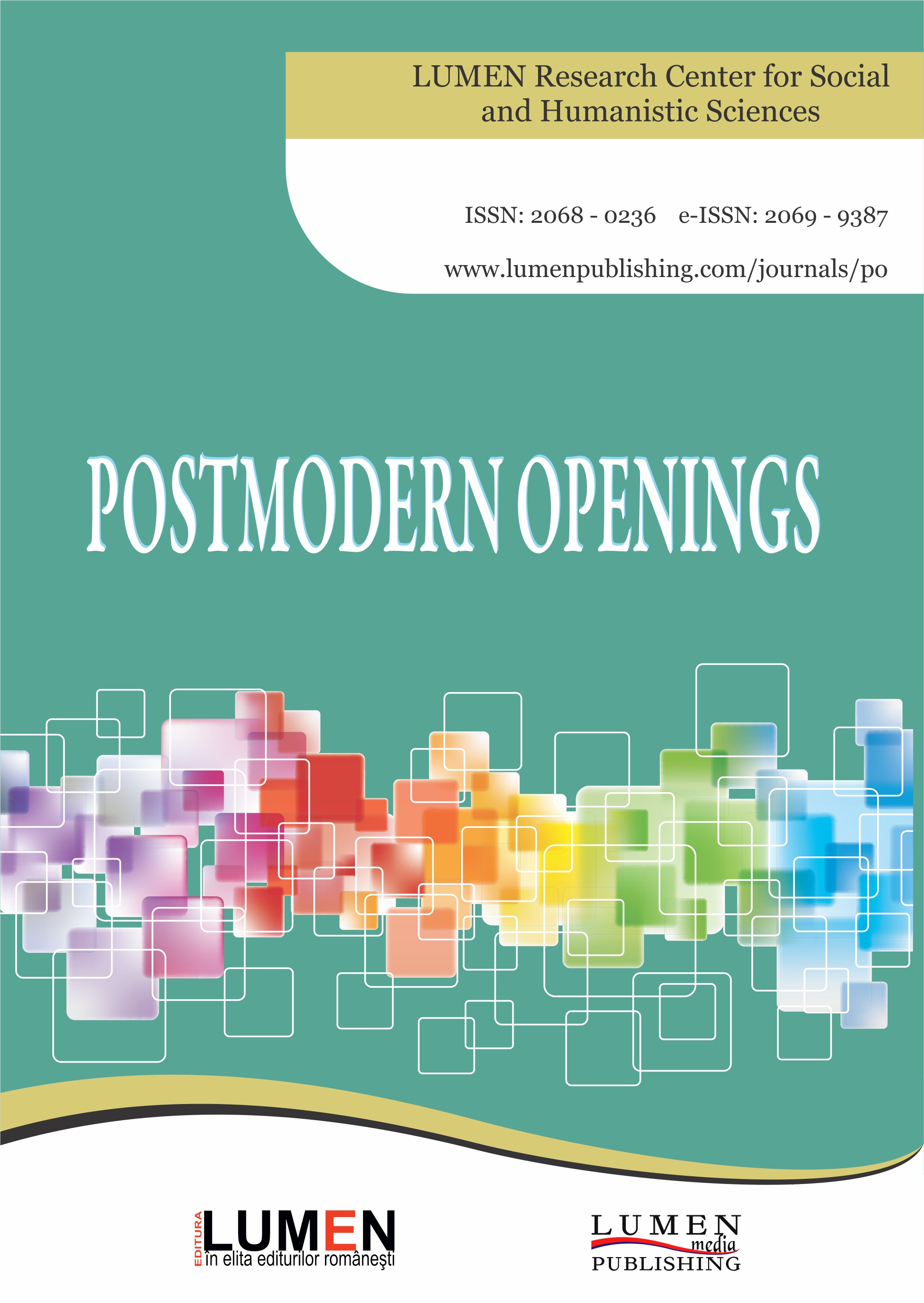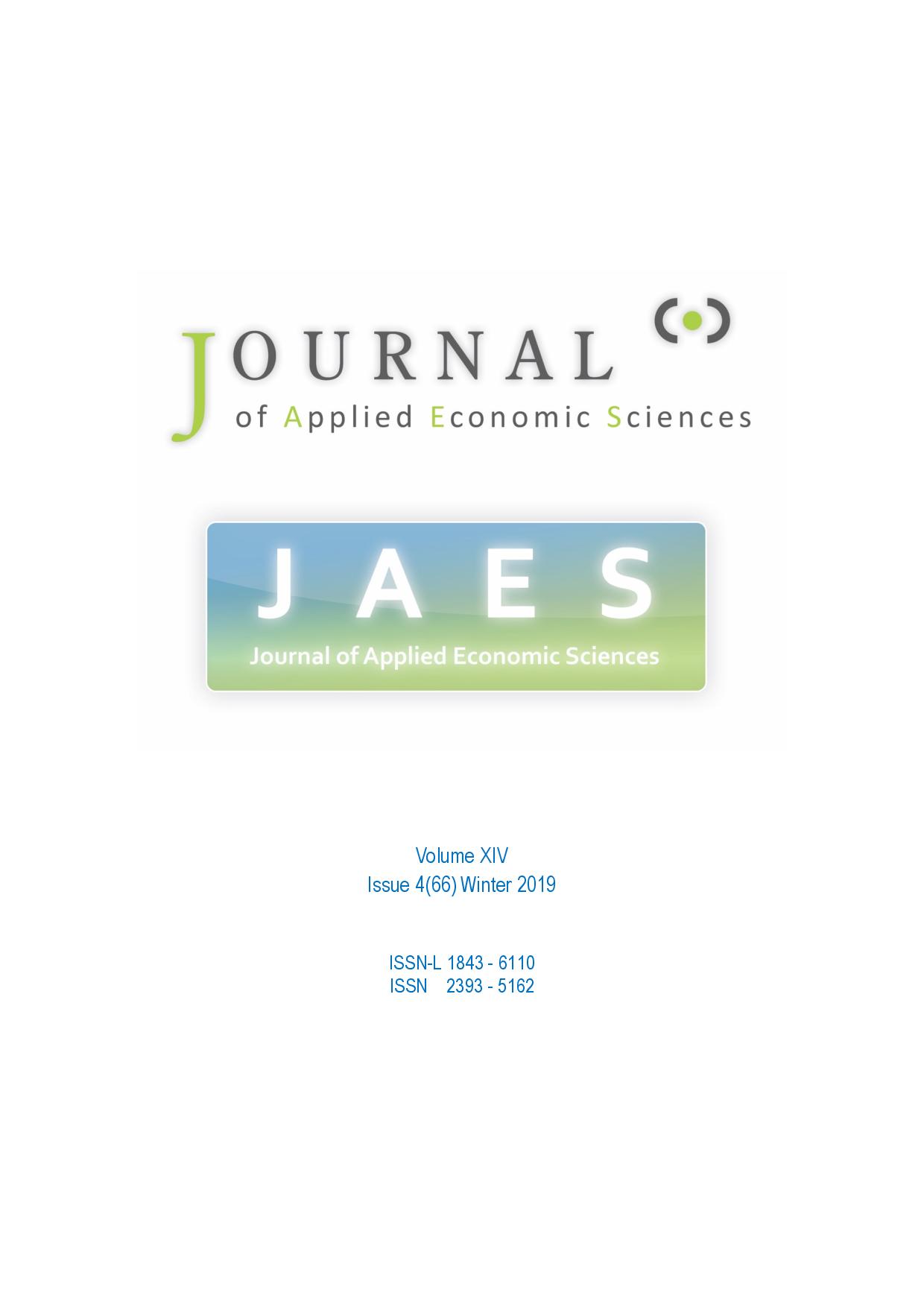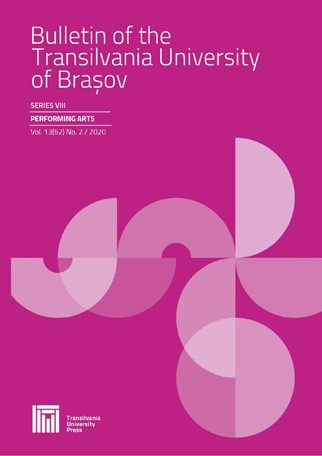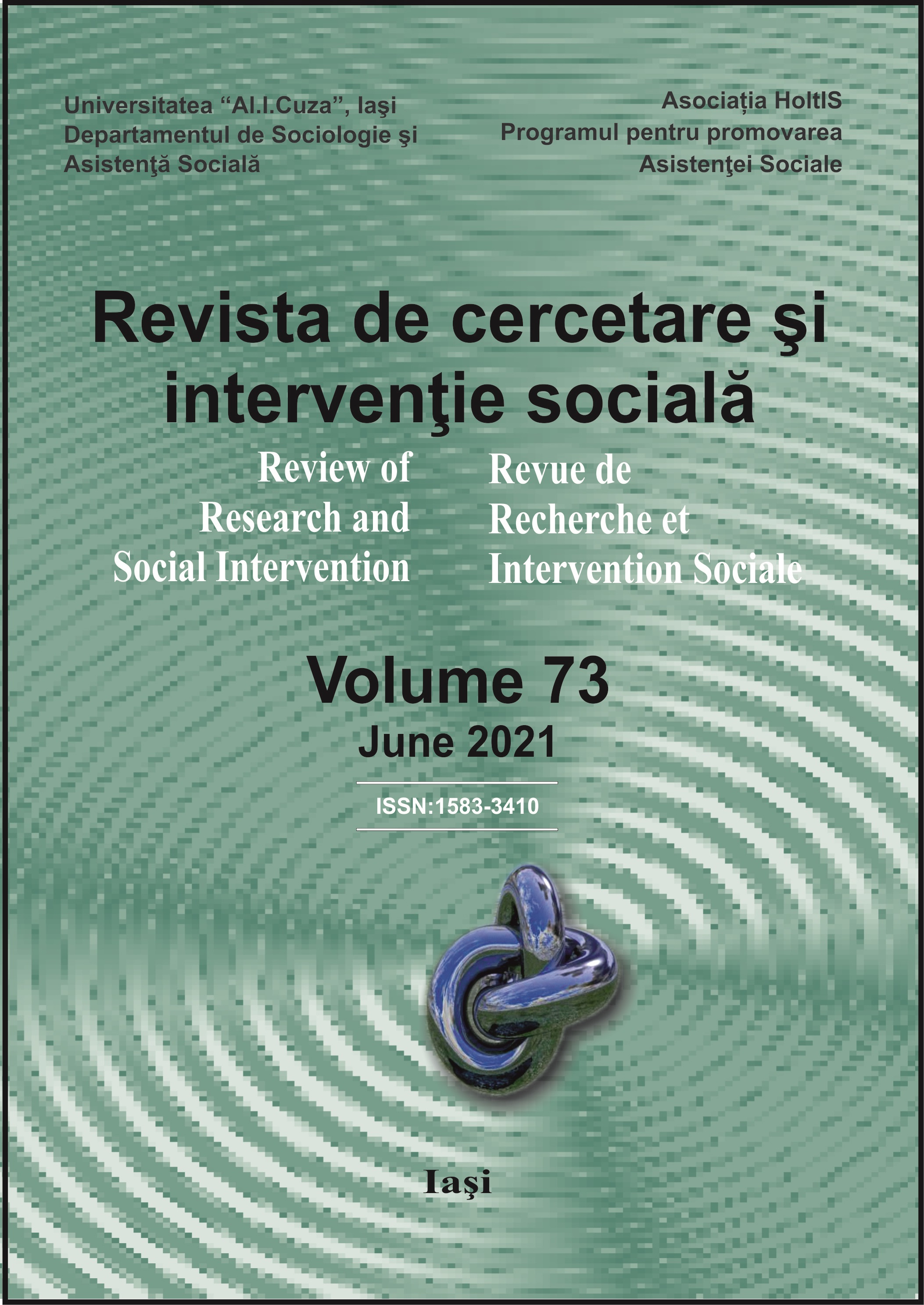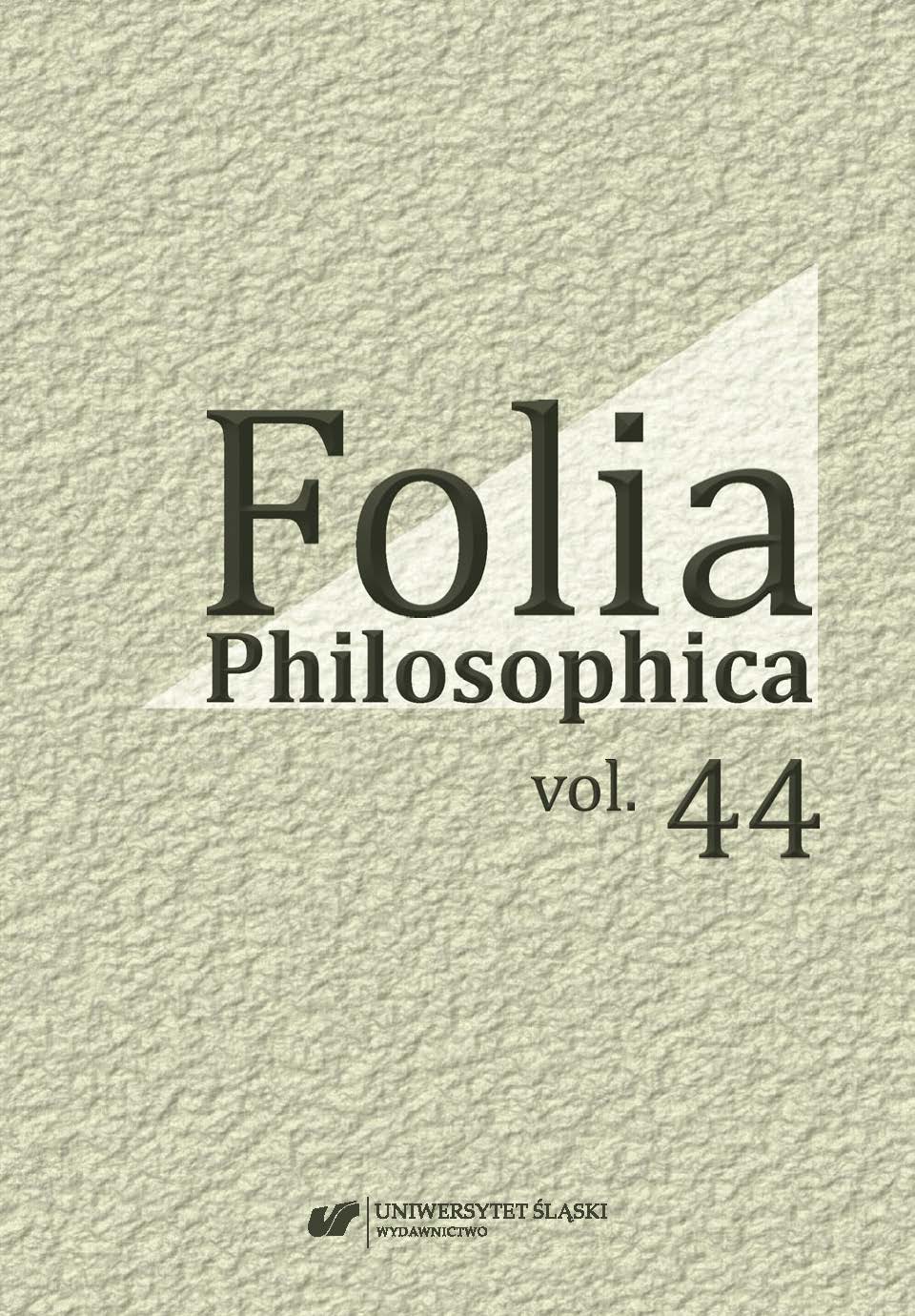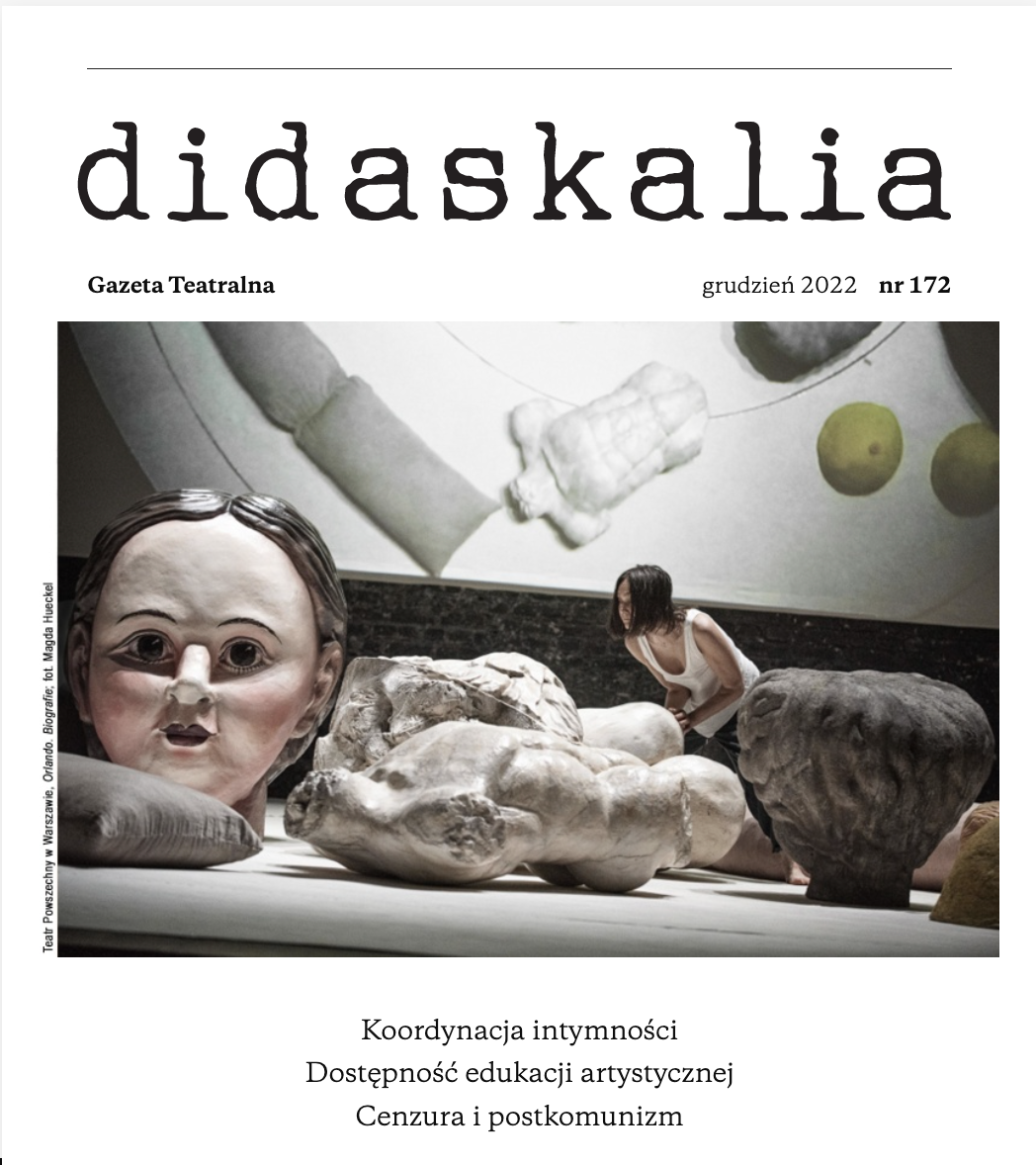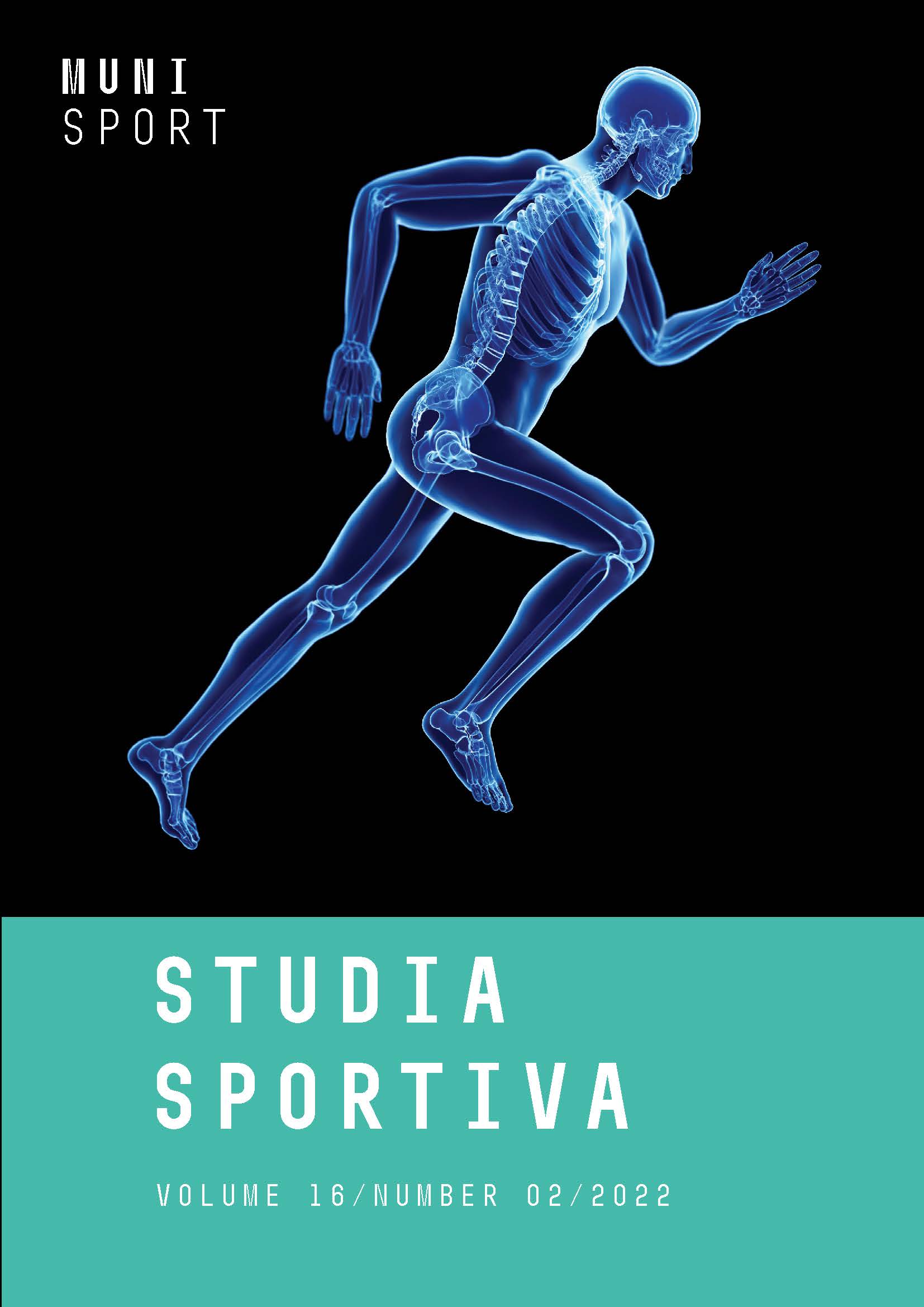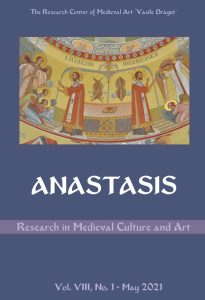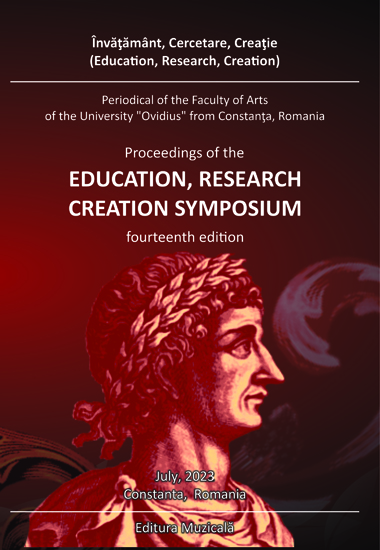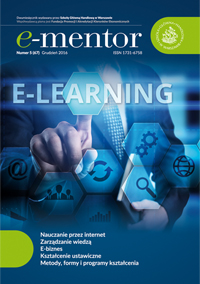
The impact of information technology on the dynamics of the creative entrepreneurial organization
Wpływ technologii informacyjnej na dynamikę twórczej przedsiębiorczości organizacyjnej
Keywords: information technology; entrepreneurship; creative corporate entrepreneurship
While the general importance of information technology in management is a commonly known issue, its influence on organizational creativity and corporate entrepreneurship has drawn much less attention of researchers up to now. The author of the paper seeks to fill this gap by pointing out to some concepts already described in the literature. The main objective of this study is to characterize the managerial aspects of creative entrepreneurial organization, where the costs of processing, storing and communicating information are close to zero. Advances in information technology are conducive to new types of interaction between actors of economic activity. Describing an emergent theoretical framework for the concept of "creative corporate entrepreneurship" constitutes the author's core contribution besides adding the fresh insight into the openness of creativity and entrepreneurship. This paper presents three phases of the creative entrepreneurial organization, namely, creative novelty which means generation of new ideas, creative usefulness which refers to the selection of ideas in terms of their usefulness to launch new bold ventures, and exploiting opportunities. The third aspect should be considered in the context of eliminating the constraints of information delivery, which may be one of the most important sources of managerial transformations. These transformations lead to new methods of managing creative entrepreneurial organization.
More...
